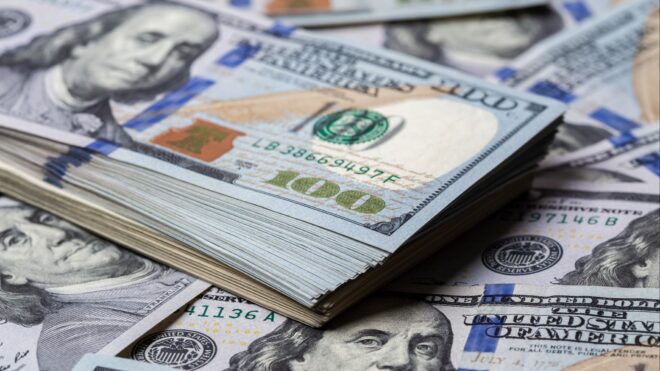If you ask most women what their least favorite part of being a woman is, the majority of them will most likely have the same response: menstrual cycles.
While starting your period as an adolescent or young adult can be exciting, since it means you're finally "becoming a woman," the excitement almost always wears off within a day or two.
Once you realize that getting your period means monthly pain, mood swings, and bleeding, you quickly realize that this is something annoying you'll have to deal with for decades to come.
Many women are lucky enough to have light periods that only last a few days, but there are a lot of women who have to deal with much tougher periods.
Women who have heavy periods may experience increased blood flow, more cramping and pain, and significantly more discomfort than women with light to regular periods.
Dealing with a heavy period is a huge hassle, and you might be wondering, "What makes my period heavy?"
Read on to find out a variety of reasons as to why you might have a heavy period.
Normal Versus Heavy Periods

According to Everyday Health, an average period occurs every 28 days and lasts around 4 days.
A normal period produces about 2 to 3 tablespoons of blood. A heavy period produces 4 or more tablespoons of blood.
However, heavy periods are more often defined by the amount of discomfort a woman is in, rather than the amount of blood that is produced.
What Is “Menorrhagia?"
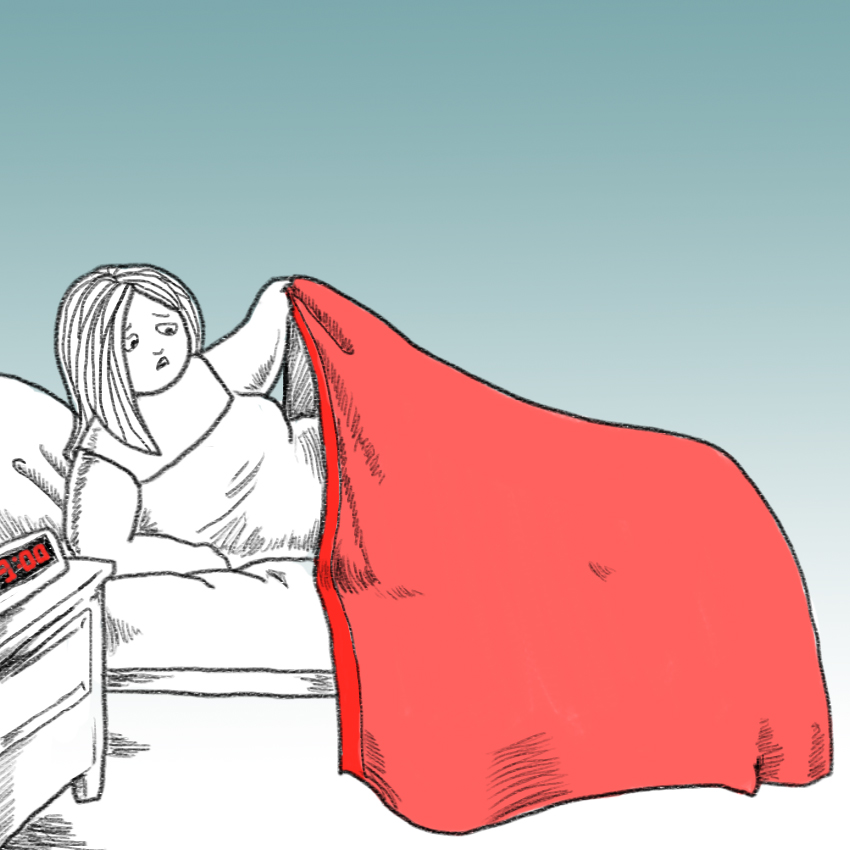
Prolonged or heavy periods are called "menorrhagia."
When a period disrupts a woman's daily life, it may be classified as menorrhagia.
Severe blood loss can cause many symptoms, like fatigue, shortness of breath, and interrupted sleep.
What Are The Symptoms Of Menorrhagia?

You probably have menorrhagia if your period:
- Lasts more than 7 days
- Causes you to go through more than 6 or 7 tampons/pads each day
- Causes you to become anemic
- Is extremely painful
- Produces large blood clots
What Are The Causes Of Menorrhagia?
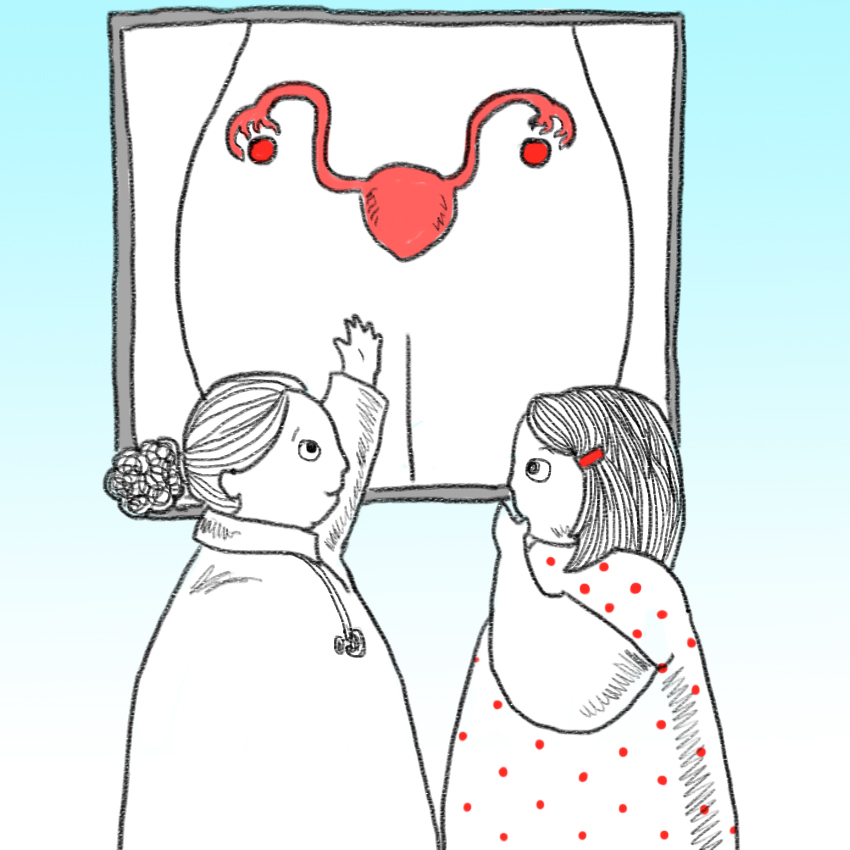
Only a doctor can tell you what's causing your heavy periods, so be sure to schedule an appointment with your OBGYN to get a diagnosis.
Keep track of your period symptoms in order to accurately convey your period struggles with your general practitioner or gynecologist.
Below are some common causes of menorrhagia that you can discuss with your doctor.
Menorrhagia Cause #1: Hormonal Imbalance
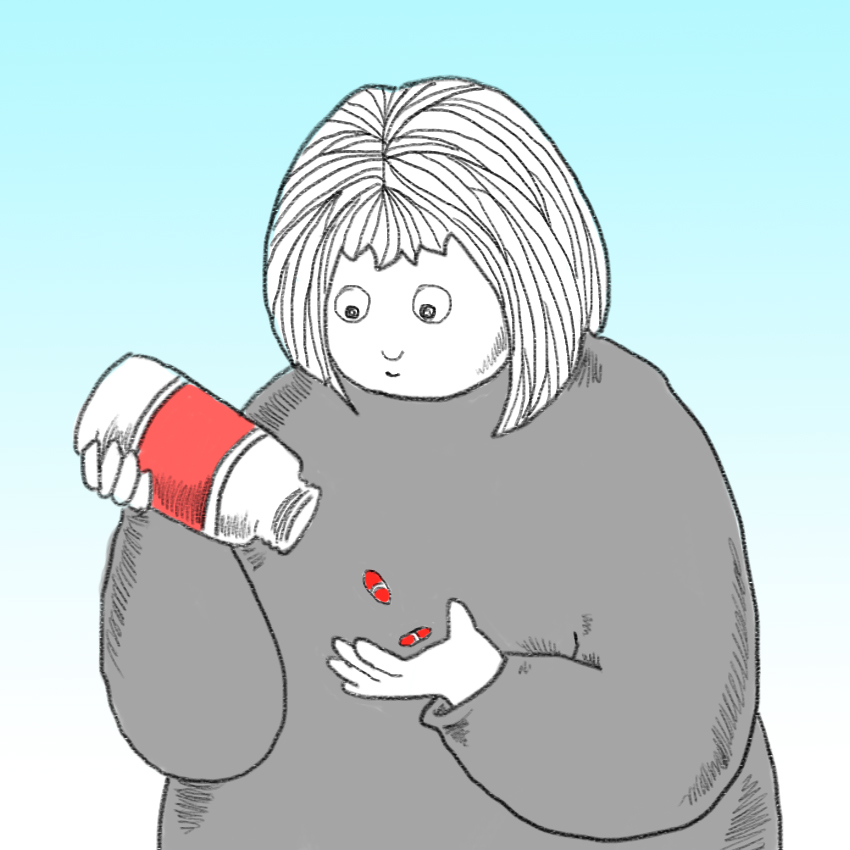
One possible cause of menorrhagia is a hormonal imbalance.
WebMD explains that imbalances in progesterone and estrogen can cause periods to be heavier.
Hormone imbalances are most common in adolescents who recently started their periods, as well as in women who are nearing menopause.
Women may also experience hormonal imbalances if their ovaries are not functioning properly.
Menorrhagia Cause #2: Uterine Fibroids
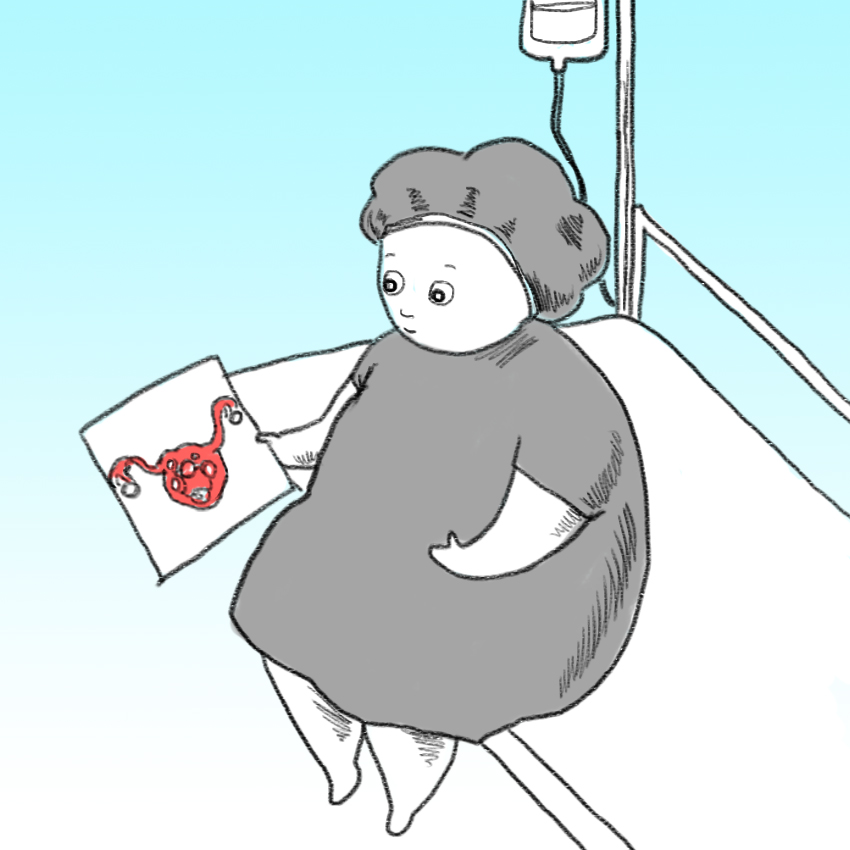
Uterine fibroids are another possible cause of menorrhagia. Fibroids are noncancerous uterine tumors, according to WebMD.
Fibroids generally occur during a woman's 30s or 40s, explains VeryWell.
The cause of uterine fibroids is unknown, but there are many surgical and non-surgical treatments available.
Menorrhagia Cause #3: Miscarriage Or Ectopic Pregnancy
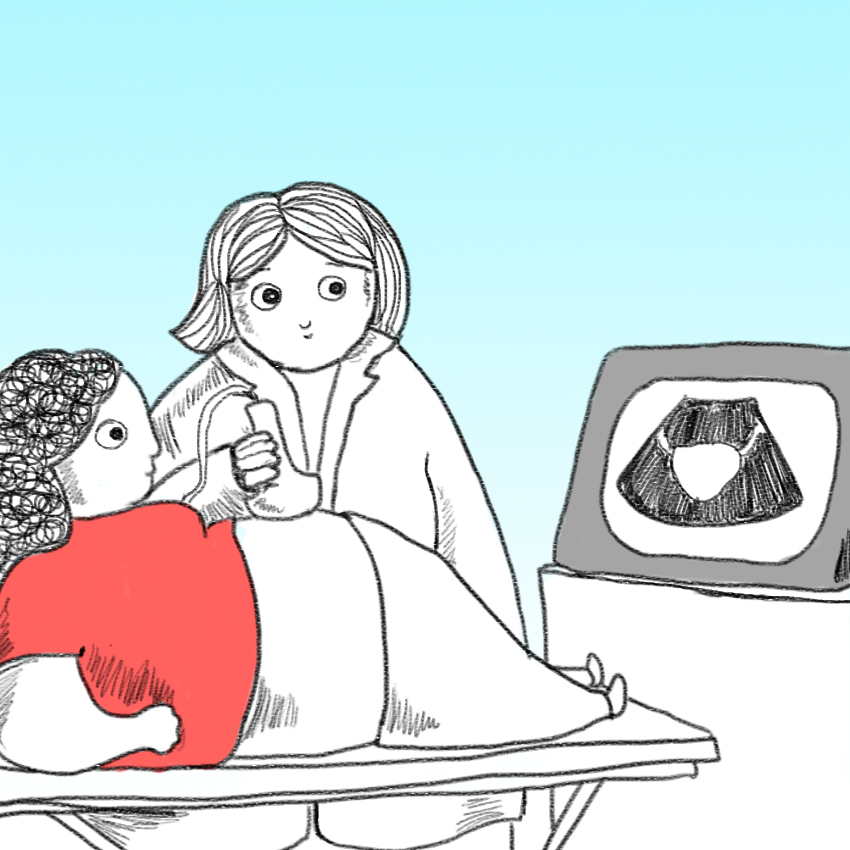
Miscarriages and ectopic pregnancies can also cause extreme menstrual periods.
In addition to being emotionally challenging, miscarriages and ectopic pregnancies — in which the fertilized egg implants itself in the fallopian tube — can cause a variety of physical symptoms, including menorrhagia.
Menorrhagia Cause #4: Use Of Blood Thinners
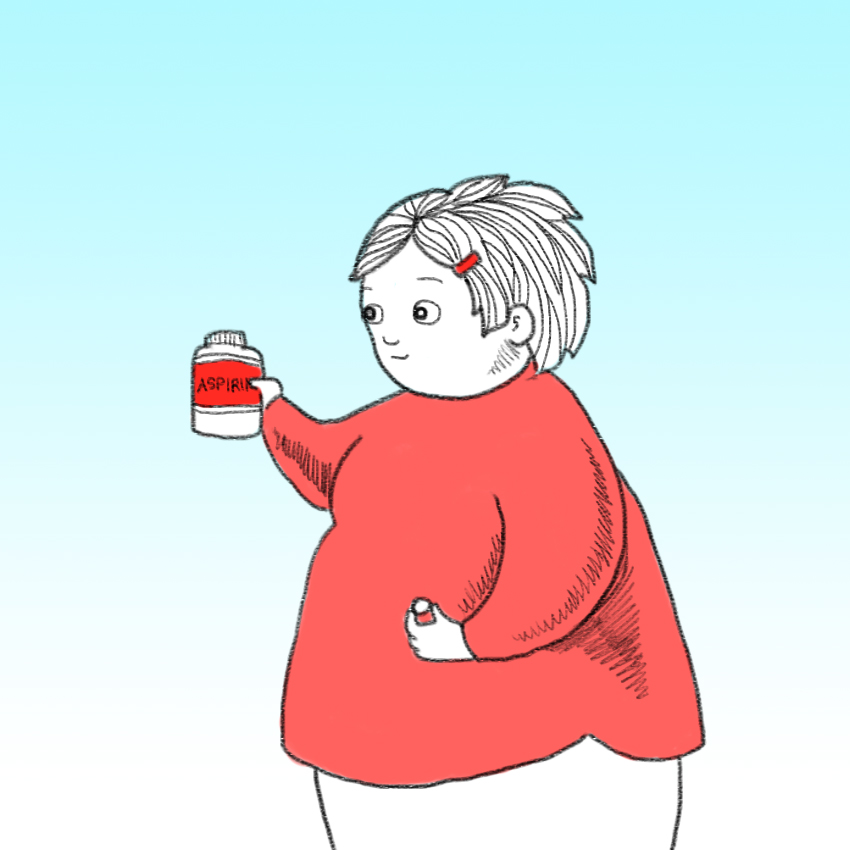
Understandably, blood thinners can increase the amount of blood a woman loses during her period.
Thus, the use of blood thinners may cause menorrhagia, explains WebMD.
Menorrhagia Cause #5: Problems With A Non-Hormonal IUD
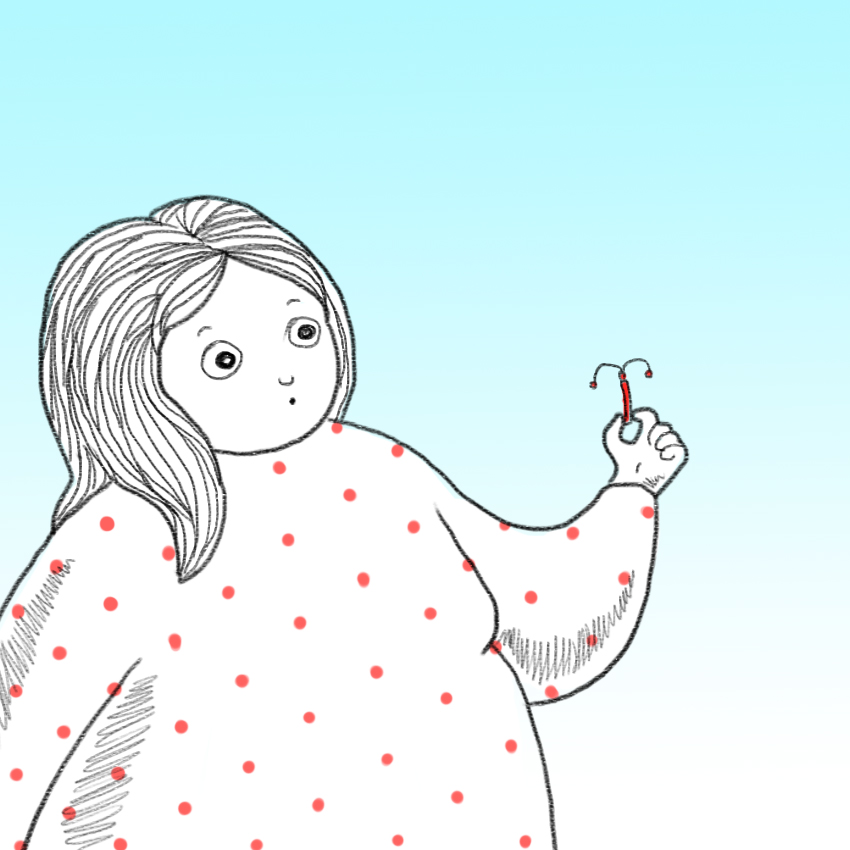
If you use a non-hormonal intrauterine device (IUD) and notice that you're experiencing menorrhagia, your IUD may not be functioning properly.
Speak to your doctor if you think your IUD is causing problems with your period.
What Should I Do If I Have Heavy Periods?
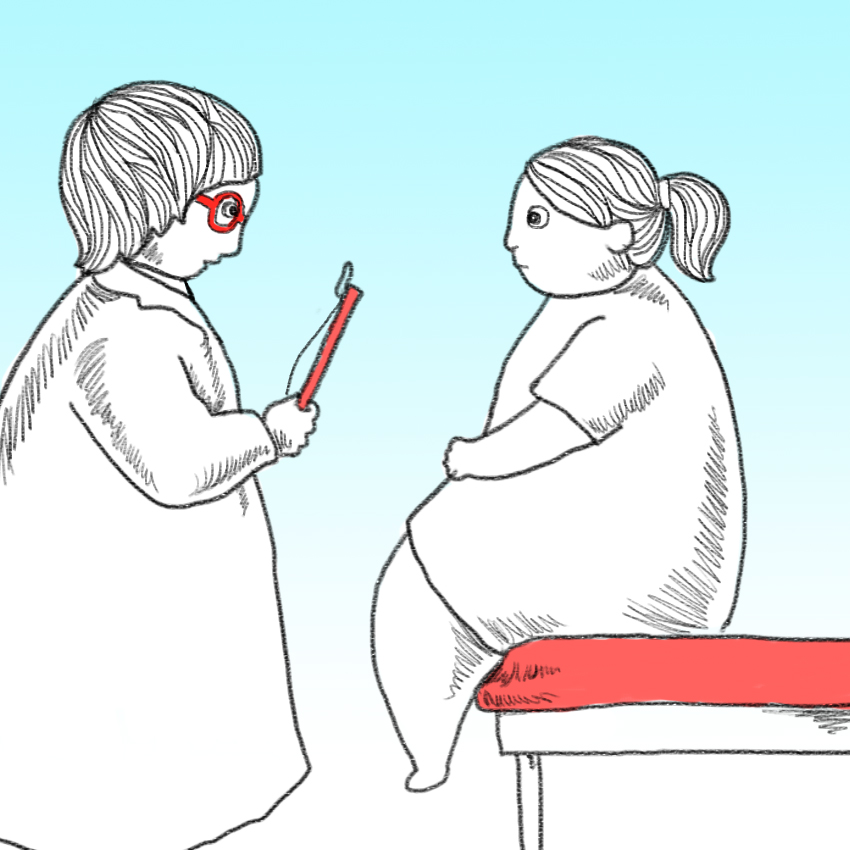
It's very important to visit your doctor if you think you suffer from menorrhagia.
In addition to the causes listed above, you could be dealing with something more serious — such as pelvic inflammatory disease (PID), adenomyosis, various forms of cancer, and/or conditions that effect your liver, kidney, and thyroid.
While these causes are rare, you can never be too safe, so please be sure to contact your gynecologist.
SHARE this information with all the women in your life!

